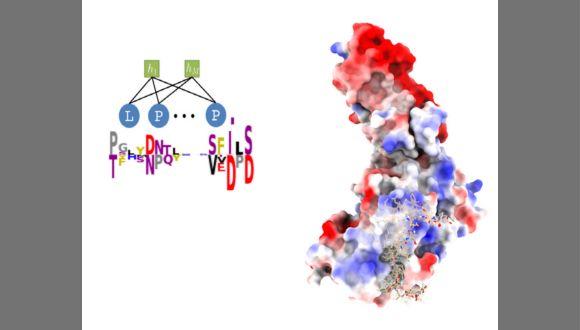Targeting Aging-Related Diseases by Integrating Machine Learning, Biophysical and Cellular Tools
Researchers: Prof. Haim Wolfson (Computer Science), Dr. Maayan Gal (Dental Medicine) and Dr. Daniel Bar (Dental Medicine)
At the heart of modern drug discovery lies the ability to modulate a defined cellular pathway in order to achieve the desired therapeutic effect. Protein-protein interactions (PPIs) are the main achineries regulating such pathways, and as such are promising therapeutic targets.
Unfortunately, the generic physico-chemical characteristics of PPIs greatly complicates the identification of small molecule drugs capable of disrupting the interactions and PPIs are thus often considered undruggable. A promising path towards the discovery of PPI modulators is to design binding peptides.
Here, we propose to develop and integrate three specific and complementary AI-based approaches towards the discovery of new peptides that bind a prescribed region of a target protein: (i) Mining and reverse-engineering of binding peptides extracted from native protein substrates using sequence generative models. (ii) Fast screening of complementary binding motifs of the targeted region via geometric deep learning. (iii) De novo complex structure prediction of protein-peptides complexes using the state-of-the-art AlphaFold multimer model.
These tools will identify high affinity peptides that can then be validated experimentally, thus providing a unique discovery engine for PPI interface modulators.





